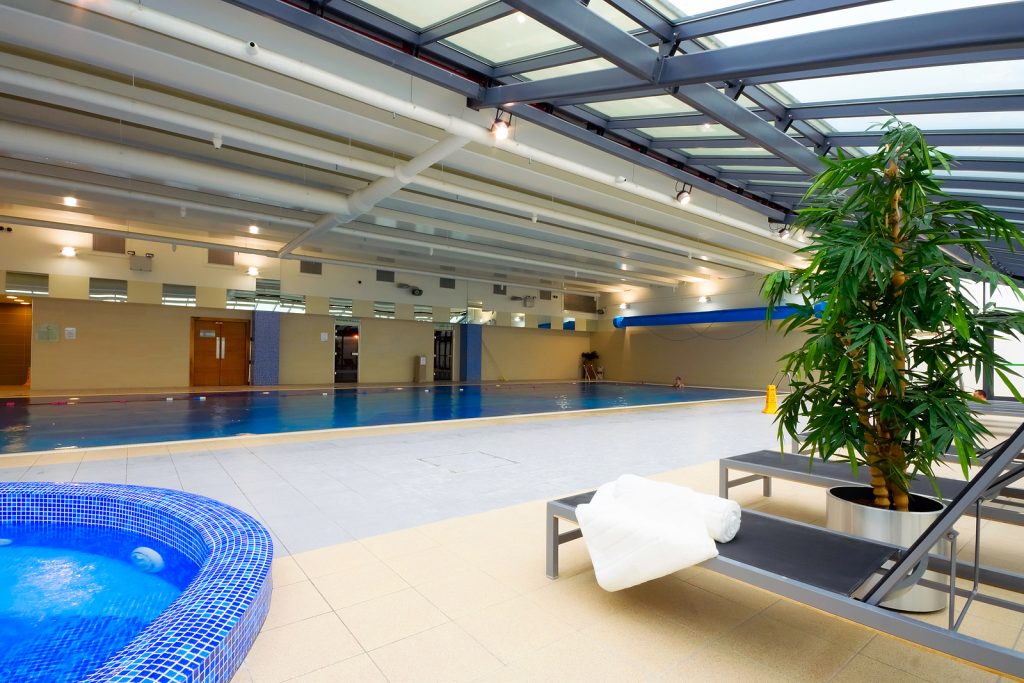Why Swimming Pool Hygiene Is Important For Commercial Facilities
Maintaining swimming pool hygiene is crucial for commercial facilities to ensure the safety and satisfaction of their patrons. Clean and well-maintained pools not only provide a pleasant experience for swimmers but also prevent health issues and legal complications. Let’s examine the importance of swimming pool hygiene for commercial facilities, highlighting its benefits and best practices.
Understanding Swimming Pool Hygiene
Definition of Swimming Pool Hygiene
Swimming pool hygiene encompasses all practices and procedures that ensure the cleanliness and safety of pool water. This includes regular testing, treatment, and maintenance to prevent the growth of harmful microorganisms and maintain optimal water quality.
Key Elements of Swimming Pool Hygiene
- Water Testing: Regular testing for pH levels, chlorine content, and other chemical balances.
- Filtration Systems: Efficient filtration systems to remove debris and contaminants.
- Sanitization: Proper use of sanitizers like chlorine to kill harmful bacteria and viruses.
- Maintenance: Routine cleaning of pool surfaces and equipment to prevent algae growth and equipment malfunction.
Health Implications of Poor Pool Hygiene
Common Illnesses Caused by Poor Pool Hygiene
Poor pool hygiene can lead to various waterborne illnesses such as:
- Gastroenteritis: Caused by ingesting contaminated water.
- Ear Infections: Resulting from bacteria-laden water entering the ear canal.
- Skin Infections: Including rashes and fungal infections from unclean water.
The Impact on Swimmers’ Health
Neglecting pool hygiene can result in severe health issues for swimmers, ranging from mild irritations to serious infections. It can also exacerbate conditions like asthma and allergies due to chemical imbalances in the water.
Legal and Financial Consequences
Commercial facilities that fail to maintain proper pool hygiene may face legal actions from affected patrons. This can result in hefty fines, lawsuits, and a damaged reputation, leading to financial losses and decreased patronage.

Benefits of Maintaining Good Pool Hygiene
Enhanced Swimmer Safety
Proper hygiene practices ensure that the pool environment is safe for all users, reducing the risk of infections and other health issues. This promotes a healthy and enjoyable swimming experience.
Improved Pool Longevity
Regular maintenance and hygiene practices help in prolonging the life of pool equipment and infrastructure. Clean water reduces wear and tear on filtration systems and surfaces, leading to lower maintenance costs in the long run.
Positive Reputation for Commercial Facilities
Maintaining a clean and safe pool enhances the reputation of the facility. Happy and healthy patrons are more likely to return and recommend the facility to others, boosting business and customer loyalty.
Best Practices for Ensuring Pool Hygiene
Regular Water Testing and Treatment
Conduct frequent water tests to monitor chemical levels and adjust treatments as necessary. This helps in maintaining the right balance of sanitizers and pH levels.
Effective Filtration Systems
Invest in high-quality filtration systems that efficiently remove contaminants. Regularly clean and maintain these systems to ensure optimal performance.
Proper Pool Maintenance Procedures
Develop and follow a strict maintenance schedule that includes cleaning pool surfaces, checking and repairing equipment, and ensuring that all hygiene standards are met consistently.
Role of Certified Pool Operators
Importance of Professional Training
Certified pool operators (CPOs) undergo rigorous training to understand all aspects of pool maintenance and hygiene. This professional knowledge is essential for maintaining high standards of pool safety and cleanliness.
Responsibilities of Certified Pool Operators
CPOs are responsible for:
- Conducting regular water tests and treatments.
- Maintaining and repairing pool equipment.
- Ensuring compliance with health and safety regulations.
- Educating staff and patrons on pool hygiene practices.
How to Become a Certified Pool Operator
Interested individuals can become CPOs by completing a certified training program offered by recognized organizations such as Pool Operation Management. This training covers all necessary aspects of pool management, from chemical handling to equipment maintenance.
Common Misconceptions About Pool Hygiene
Myths vs. Facts
Myth: Chlorine eliminates the need for regular cleaning.
- Fact: While chlorine kills bacteria, regular cleaning is still necessary to remove debris and prevent algae growth.
Myth: Clear water means clean water.
- Fact: Clear water can still harbor harmful microorganisms. Regular testing and treatment are essential.

Champion Swimming Pool Hygiene With POM
For professional training and consulting services to ensure your commercial facility maintains the highest standards of swimming pool hygiene, contact Pool Operation Management today. Reach out today to get started!






